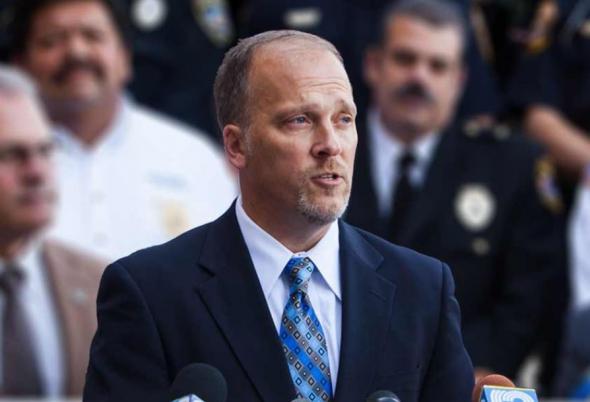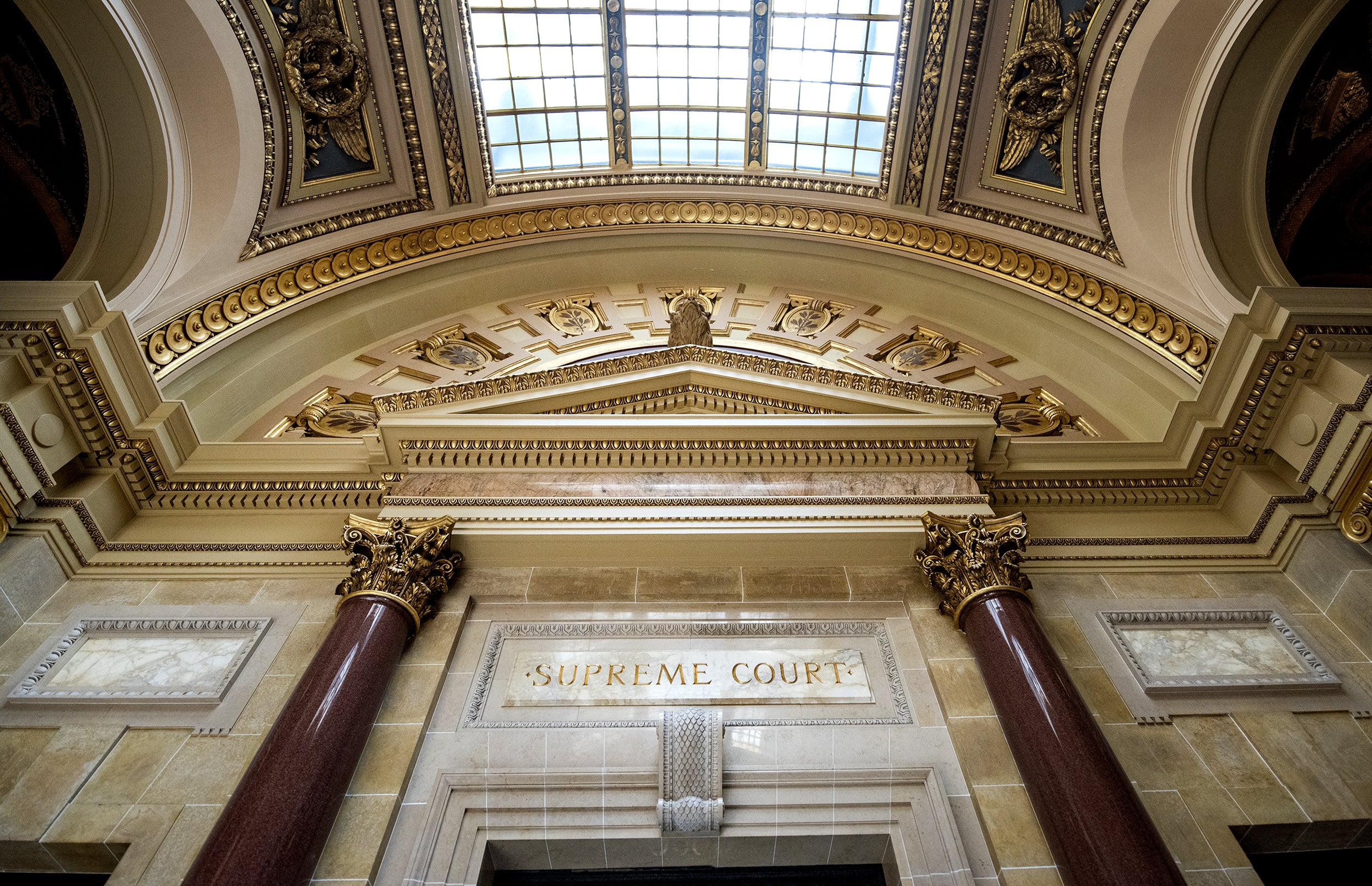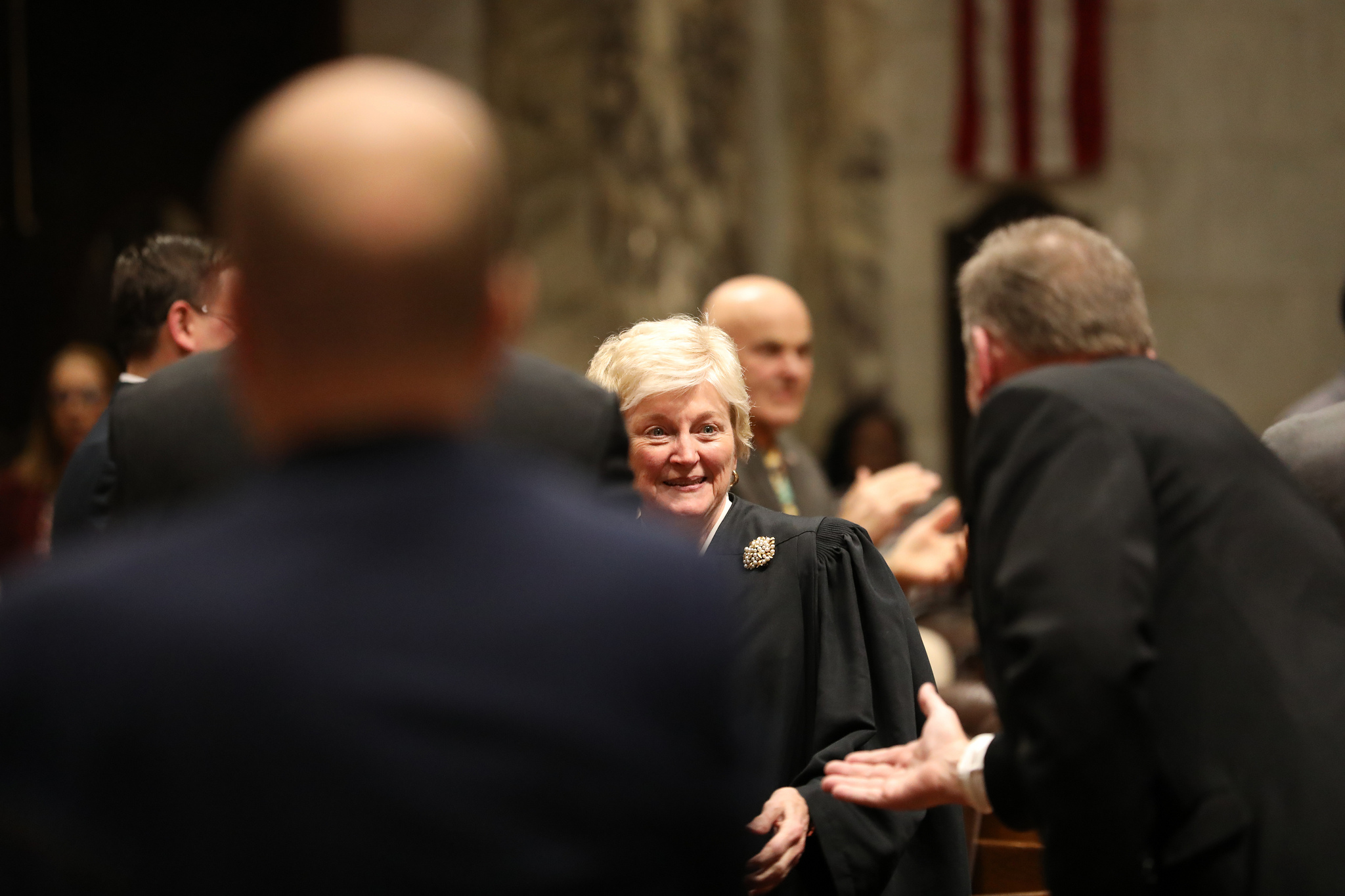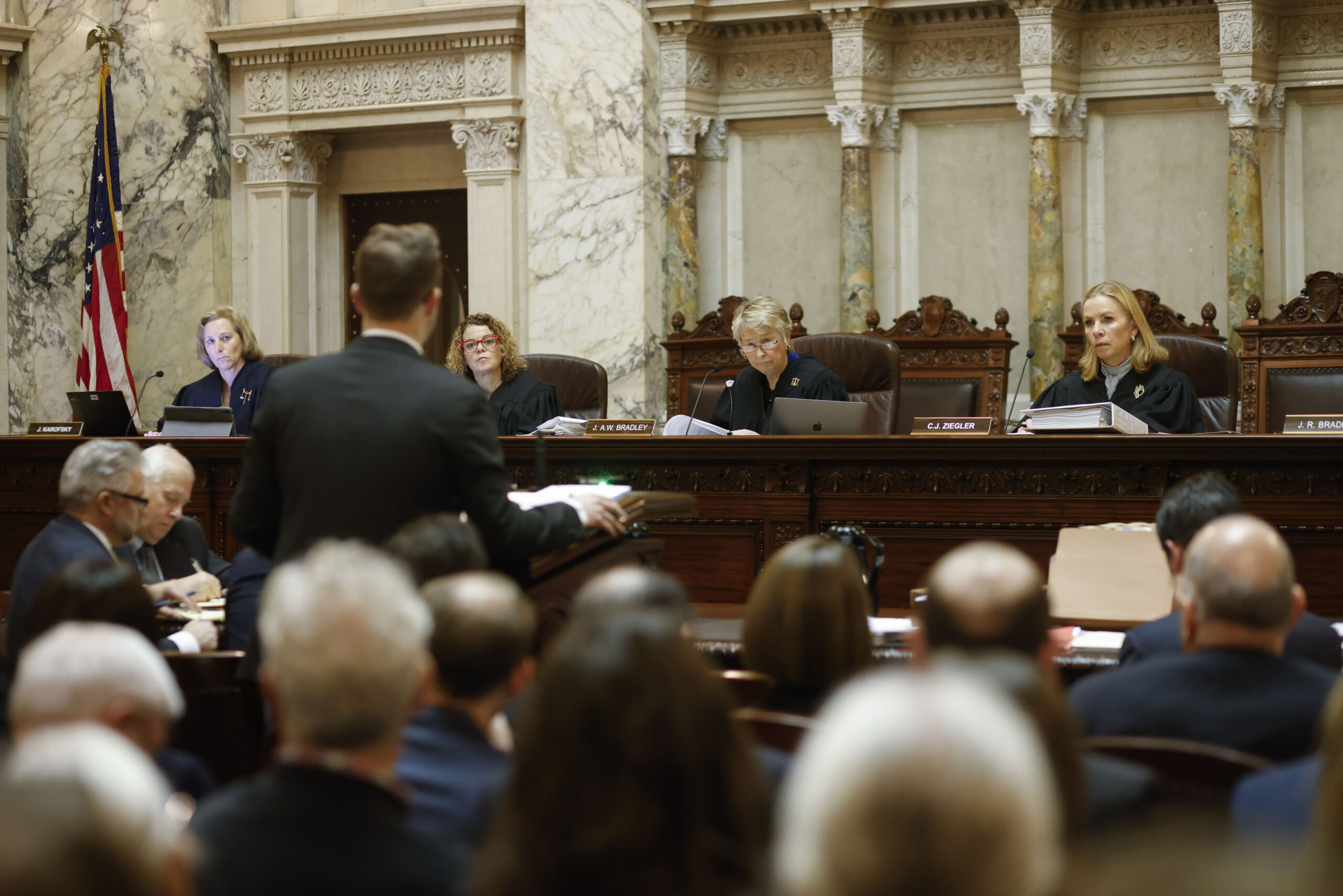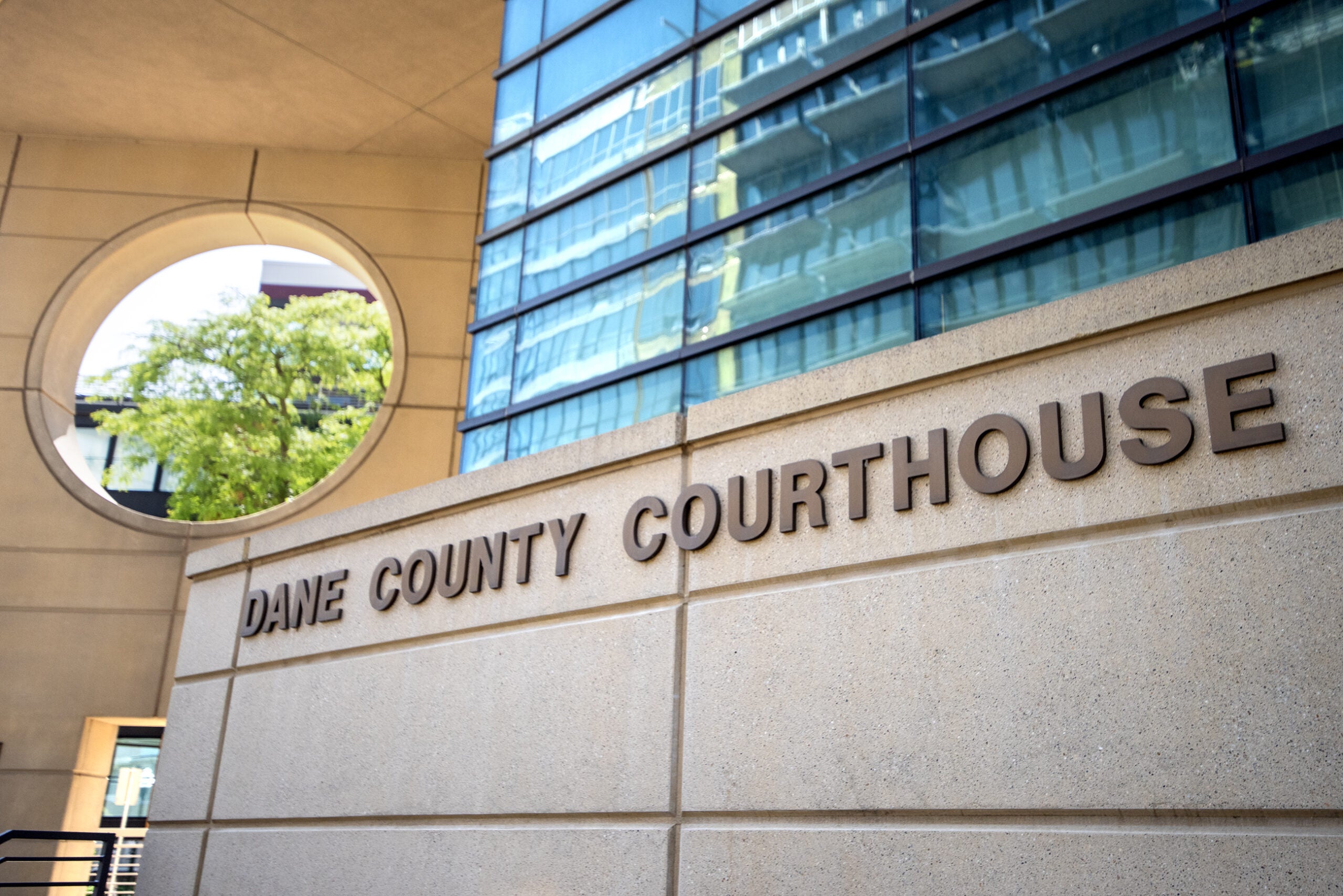A lawyer for the Democratic Party used Attorney General Brad Schimel’s own words against him in court yesterday, arguing Schimel’s policy in favor of open records requires him to release training videos his office is trying to keep secret.
Schimel produced the videos in 2009 and 2013 when he was Waukesha County District Attorney. The Wisconsin Democratic Party tried to get copies under the state’s open records law, but they were denied by the Wisconsin Department of Justice.
At the court and appeals court levels, judges agreed with Democrats that the videos should be public. Democratic Party Attorney Michael Bauer asked Wisconsin Supreme Court justices to uphold those rulings, beginning his remarks in oral arguments by quoting Schimel.
Stay informed on the latest news
Sign up for WPR’s email newsletter.
“He wrote, ‘It is imperative that we recognize that transparency is the cornerstone of democracy and that citizens cannot hold their elected officials accountable in a representative government unless government is performed in the open.’” Bauer told the court, reading from Schimel’s “Open Meetings Law Compliance Guide” published last year.
Bauer told the justices the question of whether or not to release open records was always a balancing test, but that any such test started out with an assumption that the records should be public.
In one of the videos, Schimel describes law enforcement techniques for catching sexual predators. In the other, he discusses a high profile “sextortion” case. Arguing on Schimel’s behalf, Department of Justice Solicitor General Misha Tseytlin said releasing the videos could give offenders insight on how to avoid law enforcement and could force victims to relive a case they thought they’d put behind them.
“There’s really no good that would come from releasing these two tapes, but there would be a lot of bad,” Tseytlin said. “There would be bad in helping sexual predators get away with their crimes, and there would be bad for victims. And in that public interest balance, non-disclosure wins out.”
While Wisconsin’s courts have historically favored a strong open records law, it’s tough to say how the Wisconsin Supreme Court will rule in this case. The court’s conservative majority often issues decisions that side with law enforcement. Also, two of the court’s seven justices are new this year.
During oral arguments, Chief Justice Patience Roggensack expressed skepticism that these videos could be released without traumatizing victims that the cases discuss.
“You’re telling me those people wouldn’t figure out?” Roggensack asked Bauer during arguments. “And anybody who wanted to see it when it’s on the internet wouldn’t go back and connect the dots?”
Bauer replied that anyone who wants to learn about the case can already do it by reading newspaper accounts and the original criminal complaint, which is a public record.
“Whether we like it or not, this information has been out there before in much more detailed fashion,” Bauer said.
Wisconsin Public Radio, © Copyright 2024, Board of Regents of the University of Wisconsin System and Wisconsin Educational Communications Board.

